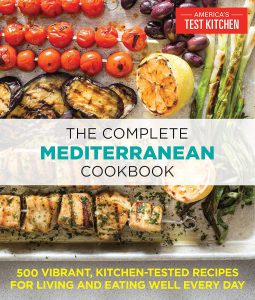The Mediterranean diet is a heart-healthy diet that emphasizes whole foods such as fruits, vegetables, whole grains, legumes, fish, and healthy fats such as olive oil, nuts, and seeds. Here’s how to create a Mediterranean diet:
- Vegetables – Include a variety of colorful vegetables in your diet such as tomatoes, peppers, eggplants, onions, zucchini, broccoli, spinach, and kale. You can eat them raw in salads or cooked in soups, stews, or roasted with olive oil and herbs.
- Fruits – Eat fresh fruits as a dessert or snack, such as oranges, apples, grapes, pomegranates, and figs. You can also have them as a topping for yogurt or oatmeal.
- Whole grains – Include whole grains such as brown rice, quinoa, barley, and bulgur in your diet. You can have them as a side dish or in salads.
- Legumes – Eat a variety of legumes such as lentils, chickpeas, beans, and peas. You can have them as a main dish or in soups and salads.
- Fish – Eat fish such as salmon, tuna, sardines, and mackerel at least twice a week. You can grill or bake them with herbs and lemon juice.
- Healthy fats – Use olive oil as your main source of fat for cooking and salads. You can also include nuts and seeds such as almonds, walnuts, and flaxseeds in your diet.
- Herbs and spices – Use herbs and spices such as garlic, basil, oregano, rosemary, and thyme to add flavor to your meals.
- Limit red meat and processed foods – Reduce your intake of red meat and processed foods such as sausages, bacon, and fast food.
- Limit sweets and sugary drinks – Reduce your intake of sweets and sugary drinks such as sodas, energy drinks, and juices.
The Mediterranean diet is not a strict set of rules but rather a way of eating that emphasizes a balanced and varied diet. It is also important to stay physically active and maintain a healthy lifestyle overall to achieve the health benefits of this diet.




